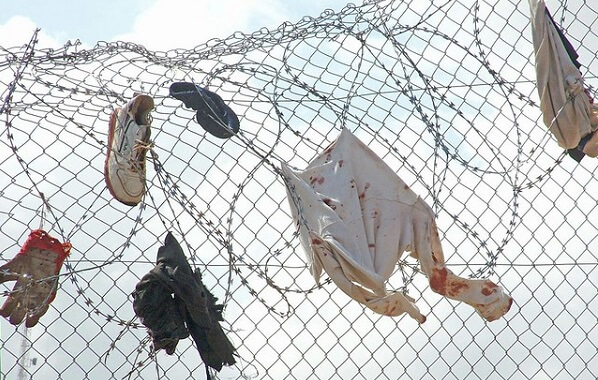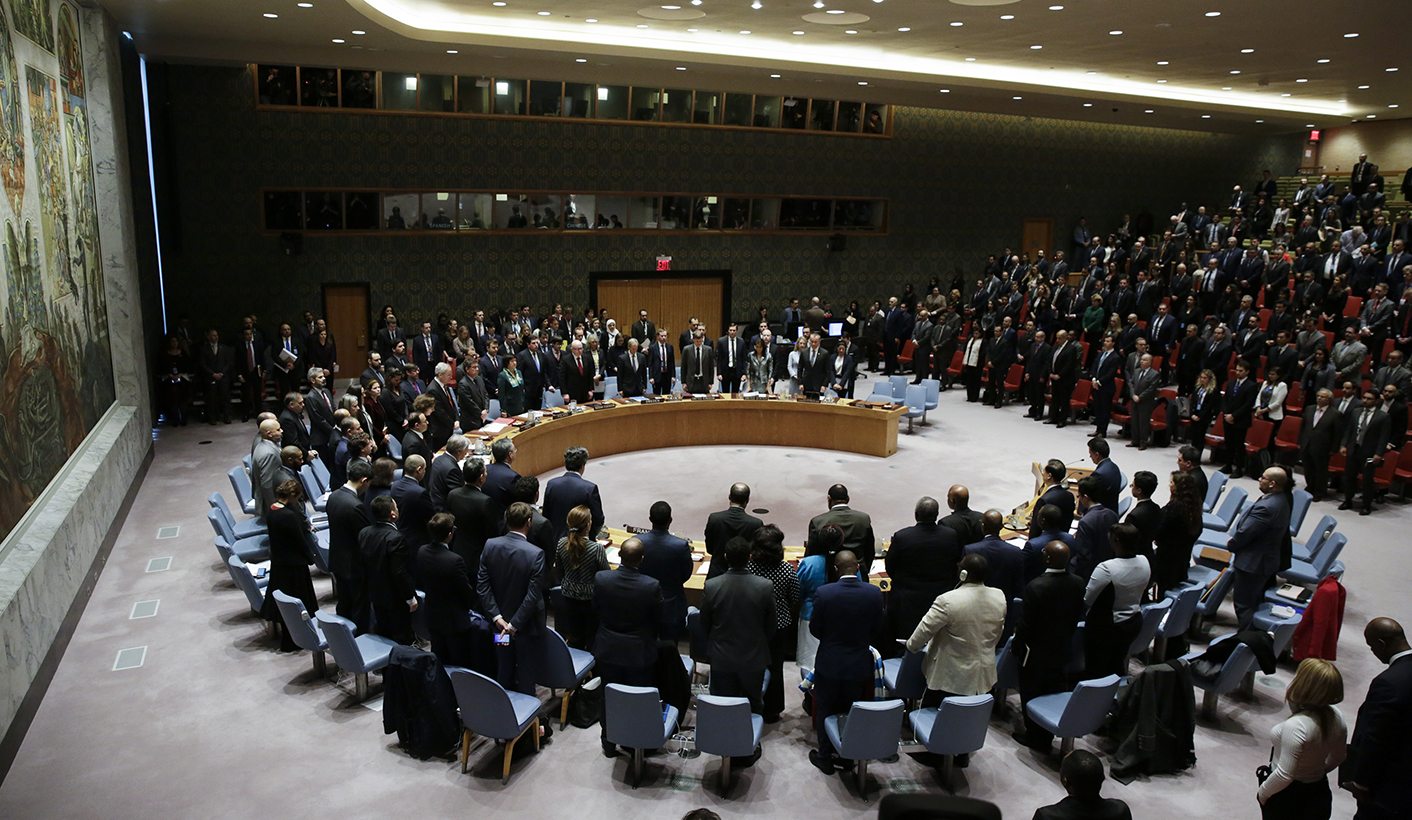Fortress Europe has never been so hypocritical. Commentators in Western media have been competing to blame Morocco for the deadly crossing of Melilla on June 24, which left 23 dead in a stampede and caused 140 injuries within Moroccan security forces.
Morocco has been the first to express condolences and deplore the death of the migrants. It also alerted to an unprecedented violence shown by Sub-Saharan nationals, who attacked security forces with stones, acid, bladed weapons and sticks.
But Western commentators prefer to turn a blind eye to Europe’s indirect responsibility and Algeria’s direct involvement in this tragic event by scapegoating Rabat. Speaking from the comfort of his air-conditioned office in a city sealed by three dangerous fences, governor of Melilla criticized the way Moroccan security forces dealt with the assault.
Sensationalism had no limits among many western human rights organizations and regional groupings including the African Union and the UN human rights watchdog, which both deplored excessive force and demanded an investigation.
The videos taken by authorities and leaked by the media have shown how African migrants broke away with their approach to avoid confrontation with Moroccan security forces. This time, the assault was well-prepared for as migrants used unprecedented violence marching like an army.
This violence is also linked to the emergence of a new group among migrants in forests surrounding Nador. These are mainly Arabic speaking migrants from Sudan’s Darfur, Chad, the Central African Republic and Eritrea, countries ravaged by infighting and all calamities.
Cited by MAP, head of border and migration control at the interior ministry Khalid Zerouali pointed to the military character of the assault involving former militiamen. AFP news agency spoke to some who made it to Melilla. They told the agency they prepared for this crossing like they would prepare for a war.
But, regardless of this horrendous assault on Moroccan security forces, the latter showed professionalism and restraint.
The lack of experience in organizing mass crossing among the Eastern African group, a new comer in the illegal migration scene in northern Morocco, led them to attack the same spot all at once causing a stampede in a tight gateway, as many others fell from a very high fence on each other causing suffocation.
Biased Western commentators have fixated on images shown on civil society platforms showing migrants on the ground surrounded by Moroccan forces. While these images are indeed abhorrent, they only tell half the truth.
Moroccan media is awash with coverage of African migrants being taken care of in Moroccan hospitals following the incident.
Melilla violent crossing and the death that followed it have indeed offered many enemies of Morocco a chance to attack it in a desperate bid to undermine its international role to promote a win-win approach towards migration.
They had better ask themselves: who is imposing and restricting access of Africans to visas and legal migration? Who is returning African asylum seekers at sea? in contrast, European states have opened all doors to 4 million Ukrainian refugees, in a double standard that verges on racism.
Nearly 3000 drown in the Mediterranean sea annually but no one has mentioned those because they were not filmed. Their death is a non-event unfortunately along with those left to their own survival in the desert in Algeria, where no media is allowed to criticize migration management.
The latest irony was South Africa’s call for an investigation into Melilla crossing! South Africa should have looked itself in the mirror before making such a call. We all remember how poor Africans were killed by South African forces and using firearms in what looked like a civil-war in 2014. Persecutions of Africans continue uncriticized in South Africa to this day.
Morocco has no lesson to receive on migration. It was the first African country to offer legal residency to over 50,000 African migrants, allowing them access to all social services on an equal footing with Moroccans. It has championed a paradigm-change in how the north deals with migration by breaking away with the security approach.
Europe cannot seal itself and ask Morocco to open its arms to people who take arms and hurt its own security forces. The rule of law takes primacy and the violence adopted by migrants will not make Morocco compromise on its human rights commitments regarding migrants. Maintaining order is one of the prime roles of the state along with safeguarding rights.
Many of the 65 people now before justice for organizing this violent crossing are facing charges including kidnapping security forces and setting fire in forests.
Europe has to ask itself who let these migrants change their usual Libya route to the distant and well-patrolled Morocco route? Most of the migrants involved in Melilla incident entered Morocco in recent months via Algeria, a country which often boasts to have one of the most surveilled borders in the world which it has closed since 1994 with Morocco.
EFE news agency leaked reports indicating a key role of migrant trafficking networks operating within Algeria that helped all the poor Sudanese cross.
European commentators who are only good at indignation should first question their own migration policies and blame those who act in connivance with migrant trafficking networks, such as the Algerian regime, to blackmail their neighbors.



